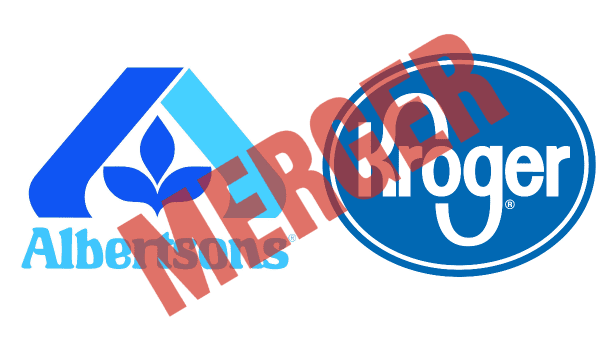8/14/2024 (COLUMBUS, Ohio) — Ohio Attorney General Dave Yost today urged a federal court to toss an antitrust lawsuit brought by the Federal Trade Commission to block a merger between Kroger and Albertsons.
“The FTC’s tunnel vision in this case risks chilling the very competition that it seeks to protect,” Yost said. “A full view of the competitive landscape shows no reason to delay this deal further.”
In an amicus brief filed today with a U.S. District Court in Oregon, Yost and three other state attorneys general ask the court to let Kroger’s acquisition of Albertsons proceed. Yost and his counterparts contend that the FTC’s opposition to the deal is based on a flawed understanding of the marketplace in which the two retailers operate.
The FTC – joined by eight states and the District of Columbia – sued in February to halt the merger, arguing that it would stifle competition and lead to price hikes for consumers.
Yost and his co-authors on the brief dispute those claims and point to a lack of evidence supporting the FTC’s conclusion. They say the case is instead driven by an FTC policy goal – to block all mergers of large grocery chains.
According to the brief, the merger of Kroger, based in Cincinnati, and Albertsons, headquartered in Boise, Idaho, would create a stronger competitor in the retail grocery market. To preserve competition, Kroger would divest stores in areas where the chains currently have overlapping operations. The retailers, which announced plans to merge in October 2022, have more than 5,000 stores throughout the country, with only a 10th of them overlapping, the brief says.
The attorneys general assert that the FTC’s case fails to consider the full landscape of the marketplace. Specifically, the FTC’s narrow definition of “supermarkets” excludes non-traditional grocery retailers, such as Costco, Aldi, Whole Foods and online sellers, the brief says.
By relying on this flawed definition, the brief says, the FTC incorrectly assumes that consumers would have nowhere else to turn if a hypothetical supermarket monopoly raised its prices. The brief adds that the FTC itself, in a case from 1983, rejected “supermarkets” as a market definition.
The attorneys general ask the court to deny the FTC’s motion for a preliminary injunction. Joining Yost in the amicus brief are the attorneys general of Alabama, Georgia and Iowa.
MEDIA CONTACT:
Dominic Binkley: 614-728-4127



